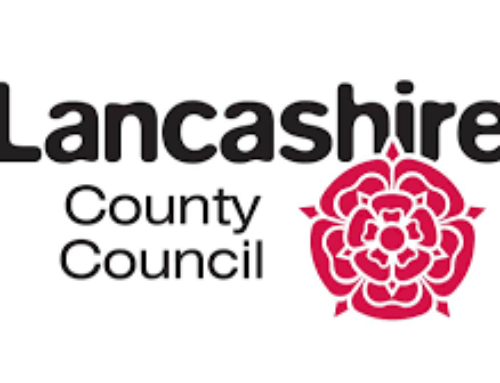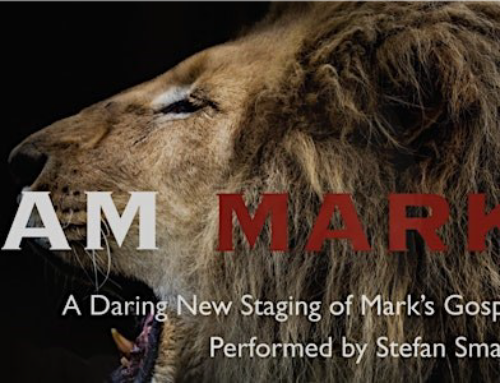WHO WAS THOMAS ROBINSON?
About half way down the nave at Holy Trinity, on the south wall, there is a fairly impressive marble plaque in memory of Thomas Robinson. For many years, I wondered who Thomas Robinson was, and why he deserved such a conspicuous memorial. But when I became Church Warden some years ago, I did manage to find out something about him. 
We see immediately that he was born in Bolton-le-Sands, although it doesn’t give an exact date. Evidently, he moved to Liverpool, where he became an Alderman, no doubt because of a very successful career in business, and that he died there in 1864, at the age of 70 – so presumably born around 1794. It says he was a ‘liberal benefactor’ to various charities in Liverpool, and especially to the poor of Bolton-le-Sands. It wasn’t uncommon for very successful business men at that time to give generously to charities – Prince Albert strongly encouraged them to do so, and we know that he had been to Liverpool to open the Albert Dock in 1846. So, maybe Thomas Robinson was amongst those who met him and heard that message – who knows?
When I became Church Warden, I discovered that I was automatically a Trustee of the Thomas Robinson Charity. In his will, Thomas had left a legacy in trust to support the poor people of Bolton-le-Sands, and the trustees were to be the Vicar and Church Wardens ‘for the time being’. That was a clever move, rather than name people as Trustees, as the trust deed would have to be changed every time one of them died or moved away. But, it was important that the money was not left to the church or for the church – it was very specifically to help the poor of the parish. His will listed 4 categories of people who would be entitled to benefit from the legacy.
- ‘The aged poor of the township of Bolton-le-Sands who have brought up their families in a praiseworthy manner, or who, from urgent circumstances, are maintaining any members of their families’;
- ‘The infirm poor’
- ‘Widows’
- ‘Grants to be made to other persons in case of urgent need’.
In all cases, preference would be given to natives and those who have been long resident in Bolton-le-Sands.
The relief given by the Trustees consisted of fuel (usually coal) and clothing, sometimes with an additional small cash benefit. Any grants given by the Trustees would be entirely independent of any Parish Relief to which the claimant may be entitled.
The Trustees met twice a year to consider applications, in February and October. Trustees could also appoint a number of helpers, whose role was to help deliver the coal and the clothing to successful applicants.
I have been able to read through the Minute Books of the Charity, and it is interesting to note that not all applications were successful – if the Trustees felt that someone had not lived a worthy enough life, their application would be rejected!
Until the mid 20th Century, notices inviting applications were displayed in the Post Office, but the record books show that there were very few new applicants each year. By this time, the delivery of coal and clothing had stopped, and successful applicants were given a cash grant.
The number of applicants continued to dwindle, but as recently as 2008 grants were still being given to two widows, and one person who qualified as ‘aged or infirm’ who had been supported for at least 10 years. Ironically, more money had become available to The Trustees when it was agreed during the early 1990s to incorporate a number of smaller bequests into the Thomas Robinson Charity. These included some small bequests specifically for the support of children.
I became Church Warden at a time when Revd Nancy was Vicar, and Karen Hillis was the other Warden, and we carefully considered how best we could use the Charity’s income, given that there were no longer any applications for grants. We acknowledged the need to support people in the parish, but felt that a cash grant wasn’t always the right solution. Within the terms of the Trust, we needed to show that we were supporting the elderly, and we decided to take advice from AgeUK Lancashire as to how best to provide that support. And so, the First Tuesday Hub was born! The idea was that we would fund a monthly meeting where people could meet together over refreshments, and find out about some of the support there is for them in the community. The meetings are now led by Ann Oliver, from Age UK Lancashire, who organises speakers and displays to let people know what support is available. We are delighted too, that children from the school come along to these sessions to work with our members on all sorts of different activities. Responding to requests from members, we have organised regular armchair keep fit sessions, and provided a number of games and activities to share with the children. Holy Trinity Church is the venue, and the church benefits as the Hub makes a payment for heating and lighting.
I’d like to find out a bit more about Thomas Robinson – so far searches on ‘Google’ have proved fairly fruitless, but I’ll keep trying. I’m sure, however, that he would be pleased to know that the legacy he left nearly 160 years ago is still being used for the benefit of people ‘of this his native village’.
David Bateman






